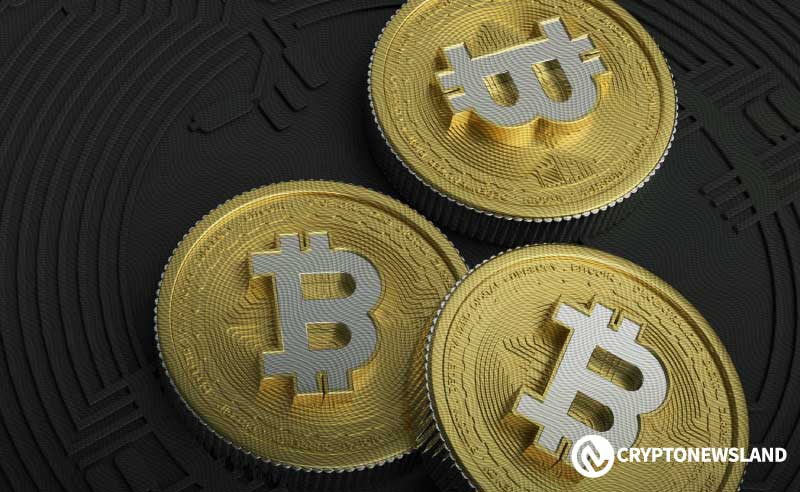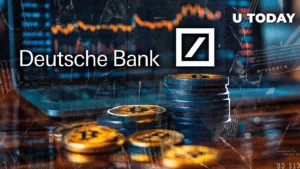
Countries Shift Toward Crypto as a Reserve Asset, Is Bitcoin the New Gold?
As the world navigates the ongoing economic uncertainty, nations are increasingly considering cryptocurrencies as a strategic reserve asset. This shift has led to a surge in interest regarding the potential of Bitcoin as a global contender for gold.
Recent developments have seen countries like El Salvador and Brazil exploring the use of cryptocurrency as a reserve asset. The parallels between Bitcoin’s rise and the historical trajectory of gold are undeniable. In a tweet, Ki Young Ju, CEO of Cryptoquant highlighted the evolving parallel between Bitcoin and gold, stating “Bitcoin’s role in global finance is growing, but secure storage and legal clarity are key to broader adoption as a reserve.”
The United States has thus far resisted the idea of using cryptocurrencies as a strategic reserve asset. This reluctance stems from its historical aversion to adopting a new standard, opting instead for creative solutions that have sustained its economic dominance.
Despite these reservations, Bitcoin’s growing influence cannot be ignored. The cryptocurrency has gained significant traction among nations seeking alternative assets amid concerns over dollar dominance. El Salvador, in particular, has taken a bold step by adopting Bitcoin as legal tender and now holds nearly 5,944 Bitcoins worth over $560 million.
Brazil is also taking steps to create a Sovereign Strategic Bitcoin Reserve, proposing the allocation of 5% of its international reserves to the cryptocurrency. These developments have sent shockwaves through the global financial system, sparking conversations about Bitcoin’s potential as a new standard for gold.
Historical data suggests that Bitcoin’s cycles could be indicative of a peak in June-October 2025, 233-328 days after its all-time high breakout. As market participants await this predicted event, they must consider the implications of countries shifting towards crypto as a reserve asset.
In conclusion, while the United States has thus far maintained its reluctance to adopt Bitcoin or any other cryptocurrency as a strategic reserve asset, the global trend suggests otherwise. The growing traction and influence of cryptocurrencies have led many nations to reconsider their stance on these digital assets.
As investors, it is essential to monitor this development closely and prepare for potential market fluctuations that may arise from such a shift in sentiment.
Source: cryptonewsland.com


